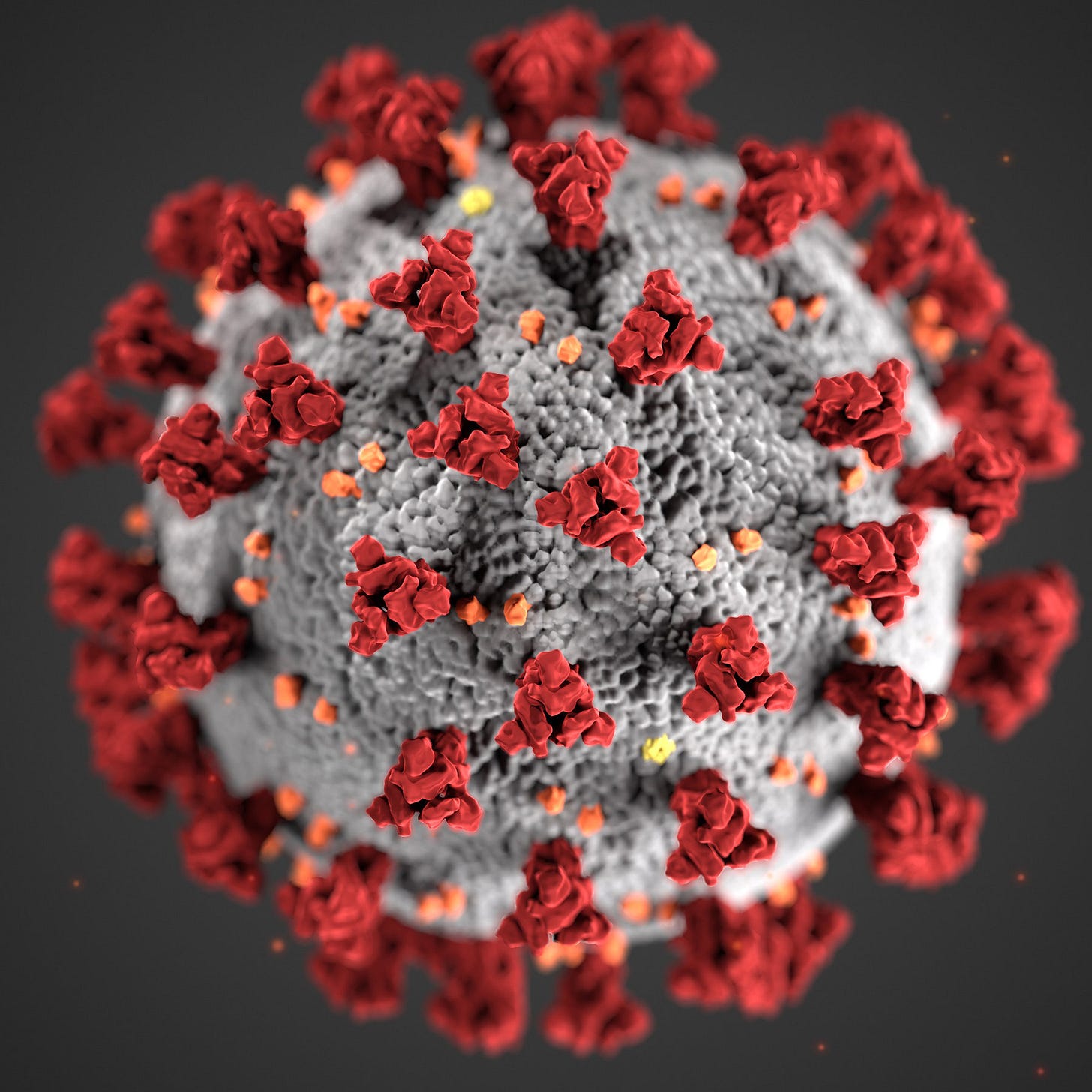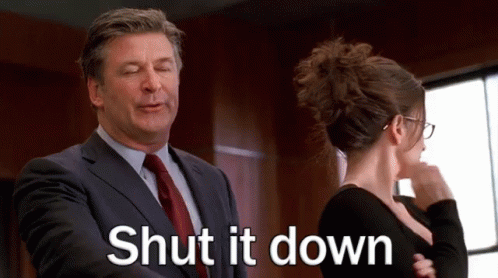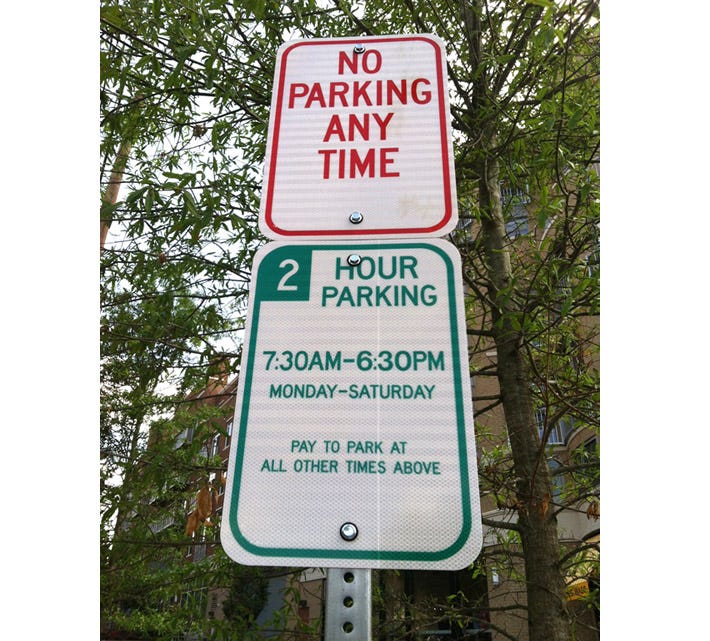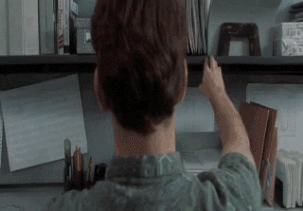Managers are finally getting the upper hand in driving their teams back into the office, but they’re having to bump up against the ugly reality that sent their teams home in the first place: Covid-19.
All of that progress - the hard suggestions, the mandates, the promo and raise withholding, the layoffs - could be threatened by the virus we’ve tried to simply put behind us.
Game Recognize Game
But mismanagement in one realm (the governmental response to a global pandemic’s winddown) may very help it in another (RTO mandates.)
Back in May, the United States declared an end to the public health emergency caused by Covid-19. This meant that, like most public health officials, the government believed the virus was moving from a pandemic phase (essentially uncontrolled public spread that threatens healthcare infrastructure) to an endemic phase (while still a constant in the community, there’s a more predictable spread, better treatment options, and some level of communal immunity.)
And all of this seems to be the case - there aren’t morgue trucks parked outside city hospitals and many who get the virus don’t seem to be as knocked down by it as they did in its earlier variants.
And so the resources that came with a public health emergency declaration are being trimmed back:
Covid-19 tests are no longer required to be covered by insurance;
National, county-level positivity rates for Covid-19 tests (the best, as close to real-time data available to spot outbreaks) will no longer be reported;
The fallback here will be weekly hospital admissions, a lagging indicator to begin with on top of the time granularity being decreased.
So We’re Good Then, Right? Right?
Not quite. The same government calling for the end of the public health emergency is also putting out guidelines that local health departments are enforcing at places like schools and daycare. These guidelines are still highly disruptive:
Stay home for 5 days following a positive Covid-19 test and isolate away from others in your home;
On day 6 you can re-enter society but need to wear a high-quality mask indoors;
This is only if your symptoms have improved and you’re fever-free without the use of fever-reducing medicine;
You also need to stay away from people who could get severe illness from Covid-19, so it’s time to have that awkward conversation with your coworkers about their medical history!
You can take your mask off on day 11, but you should probably still test (buy in bulk, because you’re on the hook for them now) until you get two negative tests 48 hours apart, then you can really take off your mask.
Two main takeaways from all this is that the CDC still doesn’t seem to be able to communicate Covid-19 guidelines in a way that makes any intuitive sense and it still kind of feels like we’re in a public health emergency when it comes to Covid-19.
Ain’t No Half-Stepping
So this puts everyone in a pretty awkward position. Employers just threw a tantrum to get everyone back into the office - offices with open floor plans and shared desks and a bunch of other “improvements” that would make a virus looking for new hosts salivate.
Employers can point to the declaration of the end of the public health emergency and tell people to come back in. The flu or cold outbreaks haven’t driven a WFH revolution and with Covid-19 joining their endemic cousins, it would be hard to point to it as a reason to stay home indefinitely.
On the other side of the coin, however, Covid-19 restrictions are still quite stringent compared to other CDC guidelines (the flu guidelines mention nothing about isolation - just “staying home” - and Ctrl+F for “mask” comes up with nothing) and the CDC wants you to know who is immunocompromised so you can avoid them for 10 days once you get Covid - a clear HIPPA violation if you actually try to do this at your job.
So we’re one foot in a global pandemic and one foot out. Add one more quirk to the American healthcare system to further complicate this: most insurance in the US is employer-based, meaning you only have it if you have your job.
So in the face of strict RTO mandates, are people willing to risk slowing their career growth or, in extreme cases, losing their jobs (and their health insurance) or will they follow an unwritten “Don’t test, don’t tell” policy to avoid the restrictive isolation requirements recommended by the CDC, (which insists the public health emergency is totally over, you guys)? And what does that mean for those who are immunocompromised and have to continually choose between their career and their health?
It’s not a fair choice for anyone and it’s the kind of no-win situation that Joseph Heller could write another great novel about. Employee health - physical and mental - was in the spotlight during the pandemic, but that seems to be fading as the pandemic winds down and we begin to live in a world where Covid-19 is in the background and not the main character. It is yet another variable in the RTO debate, even if we don’t really want to acknowledge it fully.
Grab Bag Sections
WTF MTA: This week, we need to talk about escalators. If it’s a double-wide escalator, the left side is for walking. Going up or going down. Always. No loitering in the fast lane, especially in a busy train station like Grand Central when trains are scheduled to the minute. Please conduct yourselves accordingly.
DALL-E Nightmare Fuel of the Week:

Quote of the Week: “Modern industries are handling the forces of nature on a stupendous scale. Woe to the people who trust these powers to the hands of fools.” - Major John Wesley Powell, about the dam that caused the Johnstown Flood
See you next week!









